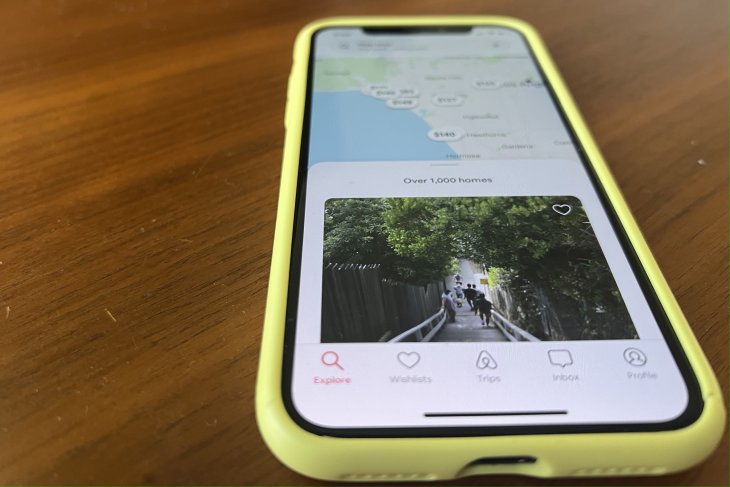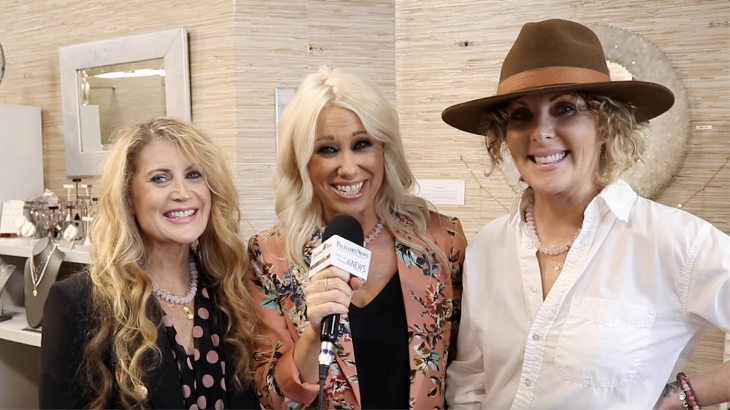If you have recently become self-employed, you might still be getting used to how things work. When you worked for a company, there is no longer an HR department that used to handle withholdings, insurance, and taxes. Instead, it is up to you to come up with clients and get paid. There are a few safety nets you may want to set up for yourself if you are going out on your own.
Start Your Retirement Fund
Don’t skip your retirement savings, even if you no longer have a traditional 401(k) plan from an employer. You still have options for your retirement funds. One option is to invest in real estate, which could lead to high returns. Your retirement accounts are often the best source of funds for real estate, as you tend to have a longer timeline and more cash available. You can acquire investment properties using self-directed IRA’s, just like you would get stocks or bonds. If you are interested in using a self-directed IRA to invest, you can review a guide that gives more details.
Understand the Options
It is unwise to rely on only one stream of income when you are working for yourself because it would be easy for it to disappear. By diversifying, you can provide a safety net in case something happens to one income stream. If you want to become a self-employed freelancer, it is usually best to wait to quit your main job until you have done your desired work as a side hustle and have a few clients. Still, there are never any certainties with self-employment, so you also want to keep your options open. There are job sites where you can connect with new clients when you want them.
You may want to sign up with the sites and browse them regularly to find clients, even before you know you will need more work. This can help you get your profile out there when you really need more work. Of course, if you start taking on more clients and are already busy, your first couple of months as a self-employed person could feel overwhelming. Still, working more hours than you had expected can help you get your business off the ground.
Create an Emergency Fund
Down the line when you are transitioning into retirement you will be glad that you generated healthy financial habits throughout your earning years. It is always important to have an emergency fund, but if you do not have a traditional job, it becomes even more critical to have several months of living expenses set aside. You don’t have the same protections an employee usually has, such as vacation time, sick leave, or the possibility of unemployment after getting laid off.
Many times, freelance work tends to come in waves. One month, you may have so much work you have to turn some down, while other times, you may have so little work, you need to dip into savings to pay your bills on time. Because of the importance of this fund, the amount you had while employed may no longer be enough. Your circumstances will determine how much you need, but you may want to have a minimum of six to eight months of living expenses set aside.
























